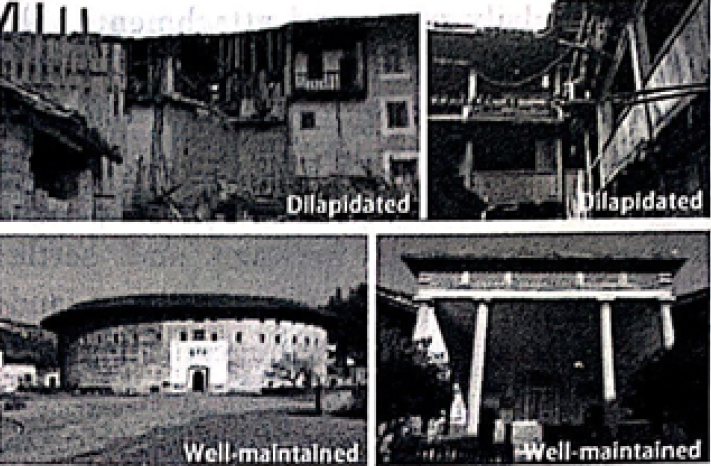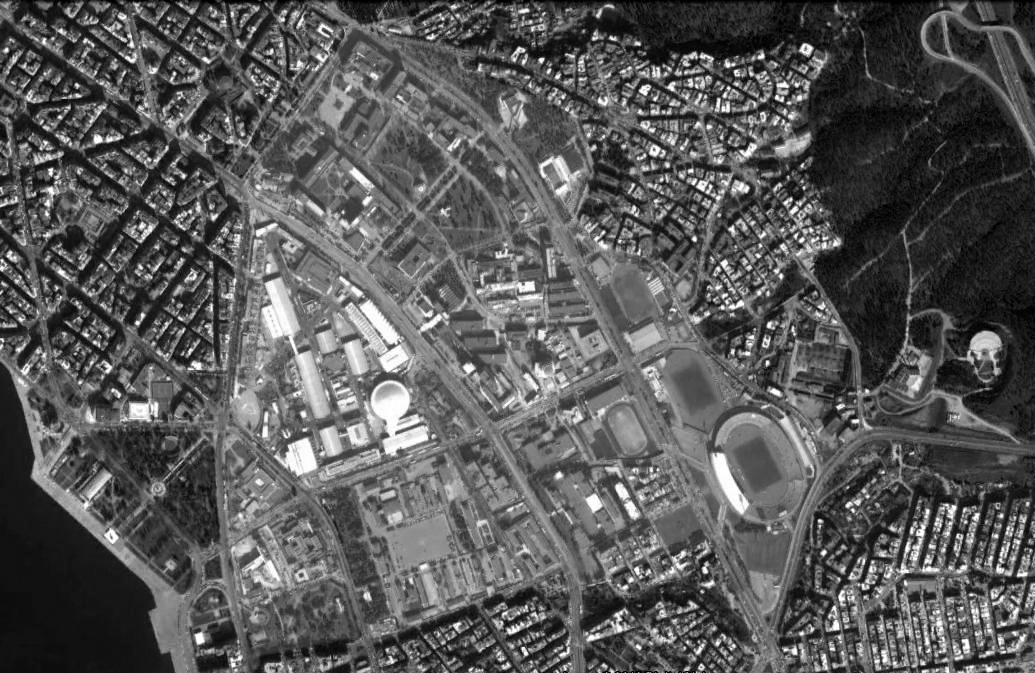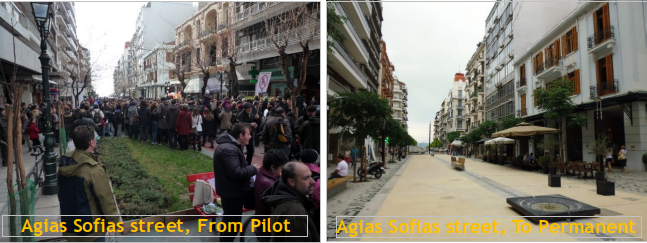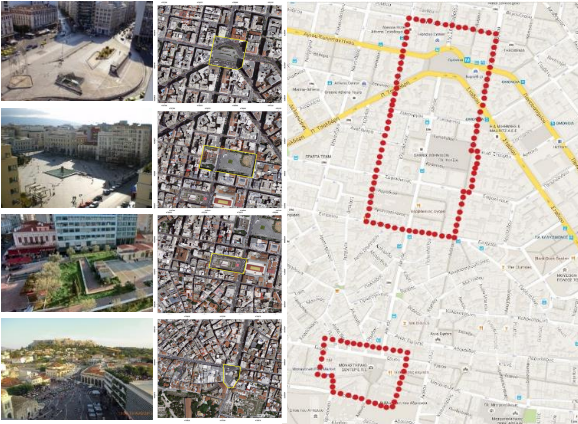
Abstract This paper describes the passive design strategies of Sunny Inside, which is a zero-energy solar house designed to participate in Solar Decathlon China 2013. Ecological atrium design, shading design, natural ventilation design, heat storage system design and thermal insulation design of Sunny Inside are introduced and analyzed respectively. The discussion of the building’s energy …

Abstract With an analysis of the project “In-Between Nature” for SDC2018 that got 3rd place in the competition, this paper explored a combined approach to achieve zero-energy consumption building: space strategy learning from local architecture prototypes which is mainly passive, and engineering strategy which covers life-cycle of the building. During the competition, statistics such as …

Abstract In the context of the forthcoming cooperation between the School of Architecture and Civil Engineering of Xiamen University (XMU SACE), China, the Department of Cultural Heritage of the National Research Council of Italy (CNR-DSU), Italy, and the World Heritage Institute of Training and Research for the Asia and Pacific Region (WHITRAP Shanghai), China, the …

Abstract This paper presents the design strategies and energy performance of a net-zero energy house (NZEH), Nature Between, which was designed and built to participate in the Solar Decathlon China 2018 competition. The specific parts of the design strategies for Nature Between, including architectural concept, materials, passive strategies and active strategies, are introduced and analyzed. …

Abstract The paper explores the conception and creation of the first university campus during the interwar period in Greece. It demonstrates that the insightful idea of the then Liberal government to create a university campus in 1917, in the context of the wider replanning operation of Thessaloniki, as well as the pioneering (at least at …

Abstract The strong tradition of public life expressed during Greek Antiquity in the space of the Agora weakened and disappeared during the centuries of the Byzantine and Ottoman Empires; similarly, open urban spaces designated to civic activities gradually diminished and perished. The different types of public space as a spatial affirmation of the political power …

Abstract Due to structural features of the production framework of the Greek urban space, which did not allow the extensive application of urban land redistribution and big scale projects, the only urban interventions that followed the Modern Movement principles were implemented mainly by public bodies, either in the housing sector or in social equipment zones. …

Abstract The paper underlines the importance of mobility management tools and small-scale targeted interventions of public space upgrading to encourage conscious sustainable mobility behaviour. The paper reviews tools and tactics of soft transport policy measures, as well as of small-scale and low-cost public space design approaches and strategies in the USA and Europe to assess …

Abstract Being part of a wider research project conducted by the National Centre for Social Research, the paper focuses on the study of four central squares in Athens (Omonoia, Kotzia, Varvakeios and Monastiraki), which have been redesigned in the period 1990s-2000s. The paper presents, evaluates, and discuss the social and spatial impact of these projects …
Abstract Sullo sfondo del dibattito disciplinare contemporaneo relativo alla creazione di bagni fluviali e al ripristino delle attività di balneazione come mezzo per riconquistare i fiumi e migliorare la qualità della vita urbana, il presente contributo opera una riflessione sul trattamento del fiume Sprea a Berlino, attraverso la descrizione di tre progetti di particolare attualità: …









